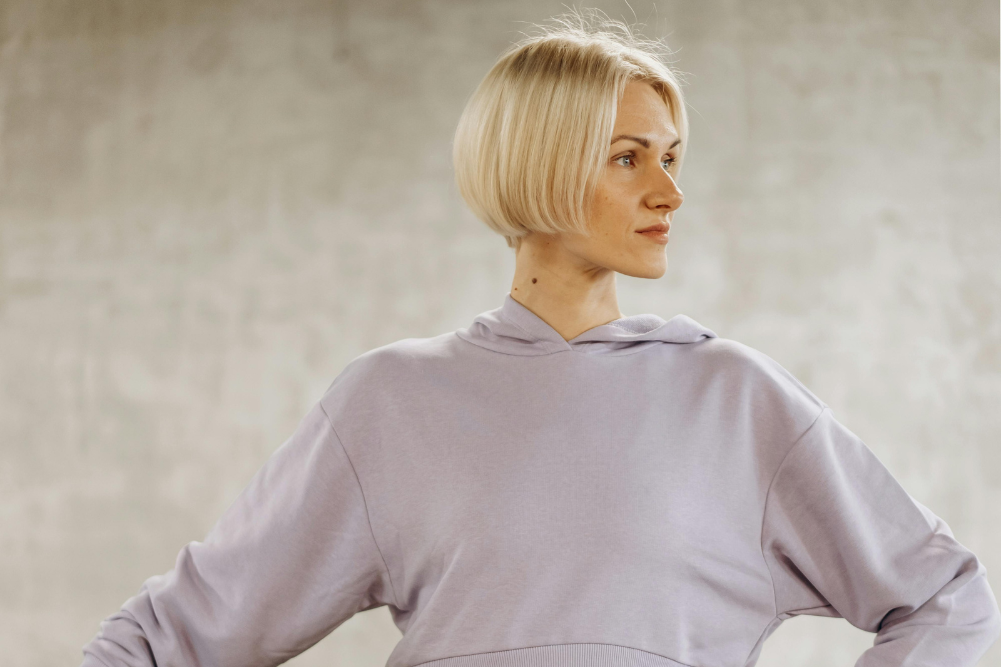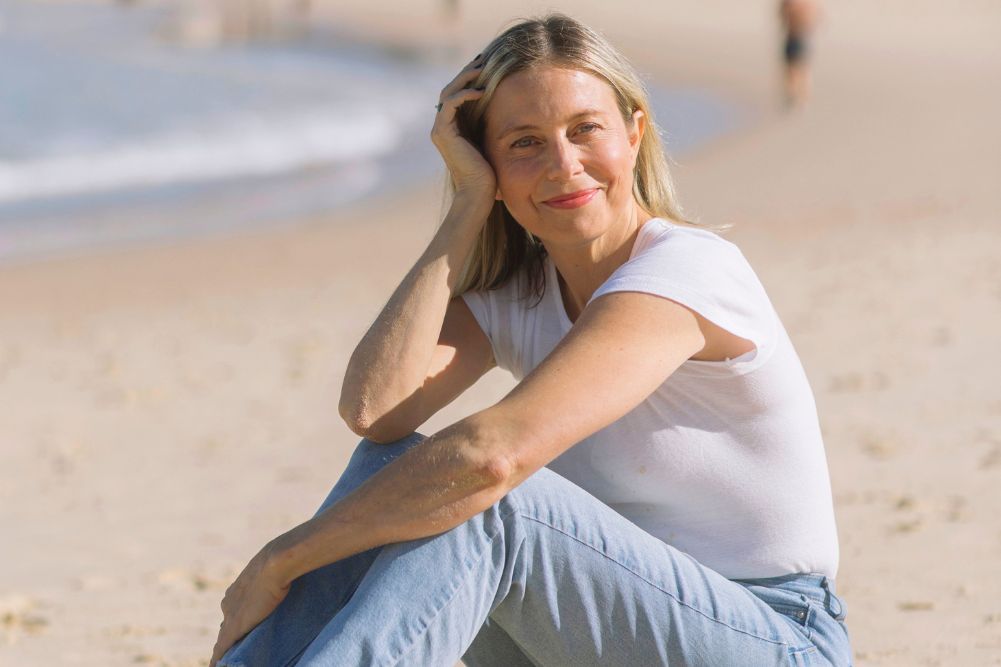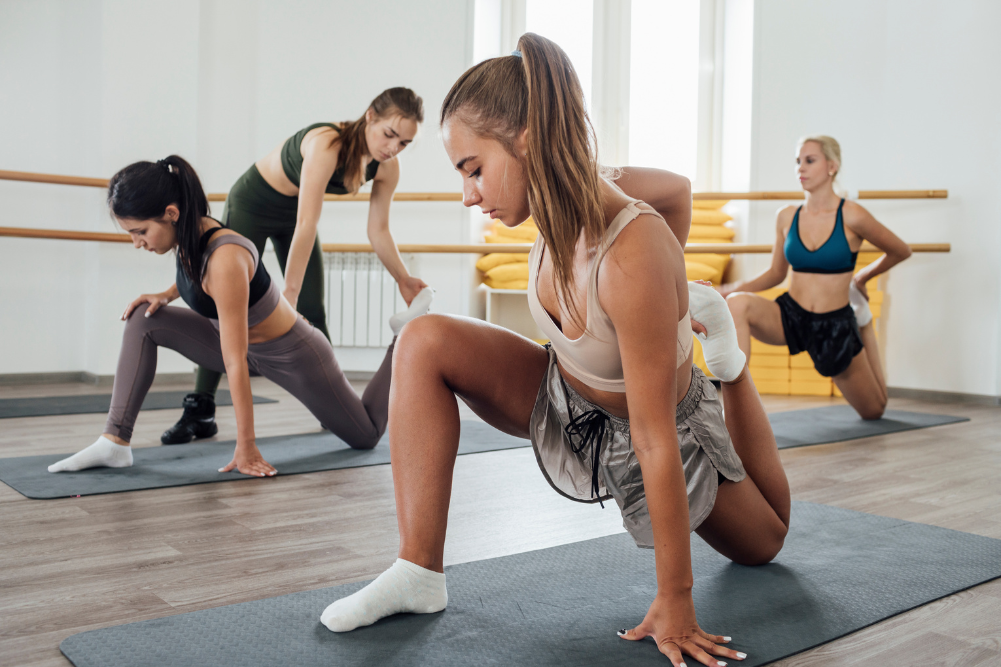Tai Chi chills
Wushu sounds like the name of a character from an animated Disney film, possibly voiced by Jack Black or Eddie Murphy, but it is also the generalised term that refers to Chinese martial arts, depending on your viewpoint, one of China’s greatest cultural exports to the world. Within the International Wushu Federation the officially accepted spelling for one particular martial art is Taijiquan although this is anglicised to Tai Chi Chuan and Tai Chi in the west. The name describes the art and indicates its martial origins. Tai means “supremeâ€, ji means “ultimateâ€, and quan or chuan means “fistâ€. “Supreme ultimate fist†may not appear to match the tranquil movements of modern Tai Chi but it has a power that warrants the name. The main aim of Tai Chi is to promote the smooth flow of your energy, your chi, inside the body and to maintain the balance if yin and yang in the body to keep you healthy. It is exercise for the harmony of mind and body and is a multidimensional activity. No wonder then that a new study has shown that it can reduce inflammation and stress in your body.
The study started from the premise that in older adults loneliness becomes a stress and stress increases activity of a substance known as nuclear factor –kB (NF-kB). In turn this NF-kB controls the expression of genes that influence inflammation. The hypothesis of the researchers was that Tai Chi would reduce stress, reduce NF-kB activity and reduce inflammation in the body.
To study this they divided older people who had scored high on ratings of loneliness into two groups. One group had a weekly two hour health education session while the other group did a two hour Tai Chi session each week. After 12 weeks the researchers measured both levels of psychological stress and levels of NF-kB in the body.
The group who received health education sessions did not show any reductions in stress and in fact NF-kB levels increased over the course of the study. By contrast, those people who had engaged in Tai Chi showed reductions in stress and a drop in NF-kB activation.
It seems the “supreme ultimate fist†is a “soothing anti-inflammatory fist†as well.







